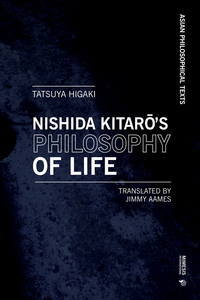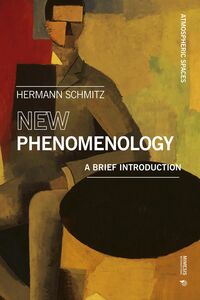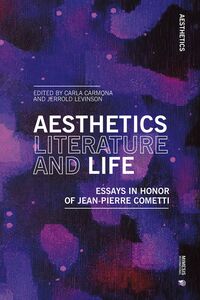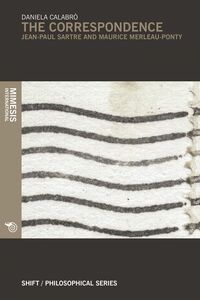
Kitarō Nishida’s Philosophy of Life
Thought that Resonates with Bergson and Deleuze
Tatsuya Higaki
Jimmy Aames
Nishida Kitarō’s Philosophy of Life traces the development of the philosopher’s thought by focusing on the keyword “life” as a unifying thread. Active from the end of the nineteenth century to the beginning of the twentieth century, Nishida was part of the first generation of Japanese philosophers who tried to develop an original philosophy under the influence of – and in response to – Western philosophy. In his native Japan, he has often been interpreted in the context of Eastern thought and Zen Buddhism, as well as in relation to phenomenology (i.e., Husserl and Heidegger). The current volume instead presents an alternative reading of Nishida, noting the influence of William James, Henri Bergson and Neo-Kantianism on his thought, and highlighting a line of development that runs in parallel to the thought of the midtwentieth century French philosopher, Gilles Deleuze.
Detalles de eBook
-
Editor
-
Original text
true -
Idioma
English -
Fecha de publicación
-
Colección
Sobre el autor
Tatsuya Higaki
Tatsuya Higaki is a professor in the Faculty of Human Sciences at Osaka University, Japan. He specializes in contemporary French philosophy and Japanese philosophy. His published books in Japanese include works on Bergson, Foucault, Deleuze, Nishida Kitarō and the Kyoto School. He has also translated Deleuze’s Bergsonism and Eduardo Viverios de Castro’s Cannibal Metaphysics into Japanese.
Jimmy Aames
Jimmy Aames is a JSPS Research Fellow and doctoral candidate at the Osaka University Graduate School of Human Sciences in Japan. His main research interests are the philosophy of Charles S. Peirce, the philosophy of physics, and metaphysics. A native speaker of both English and Japanese, he has translated numerous articles between the two languages.






